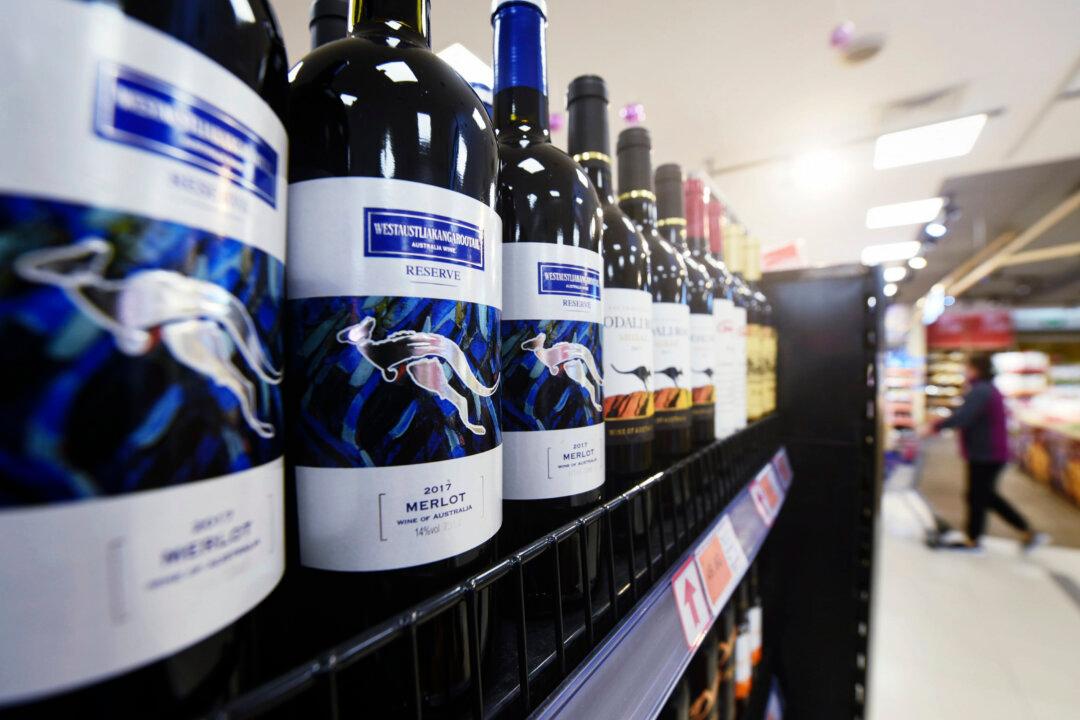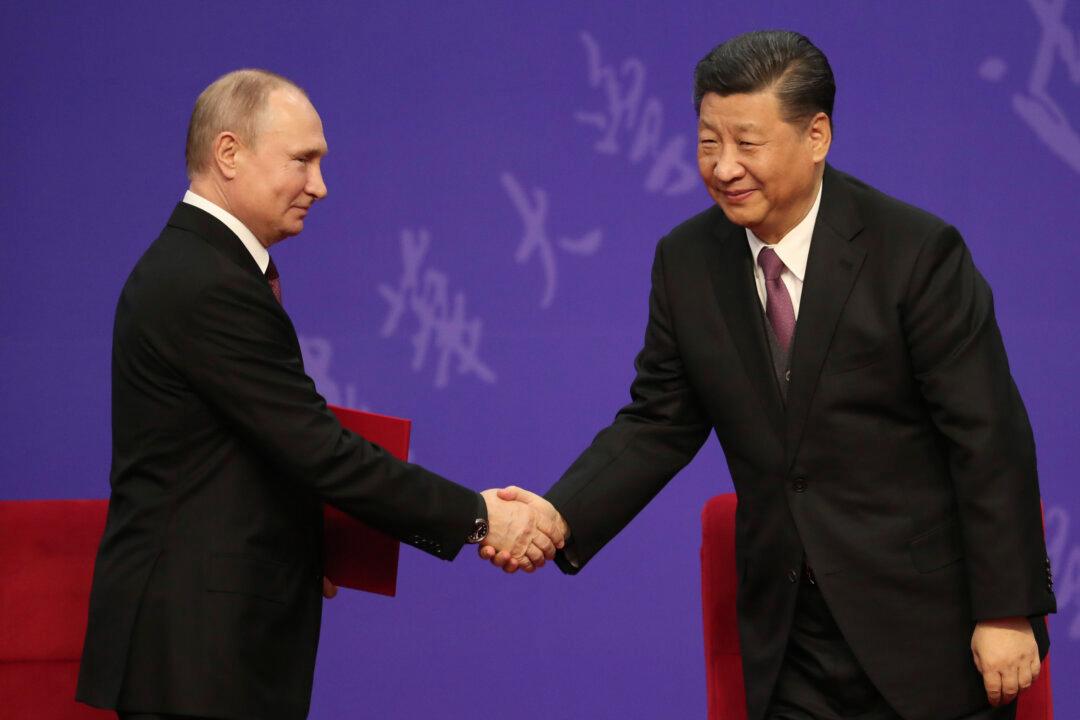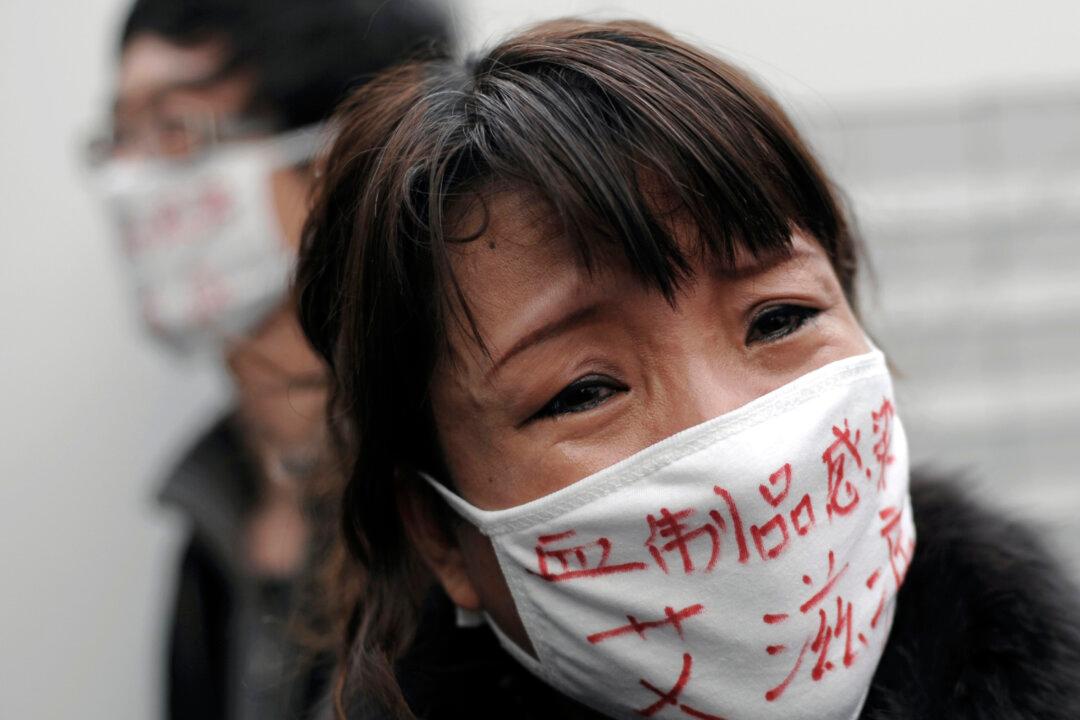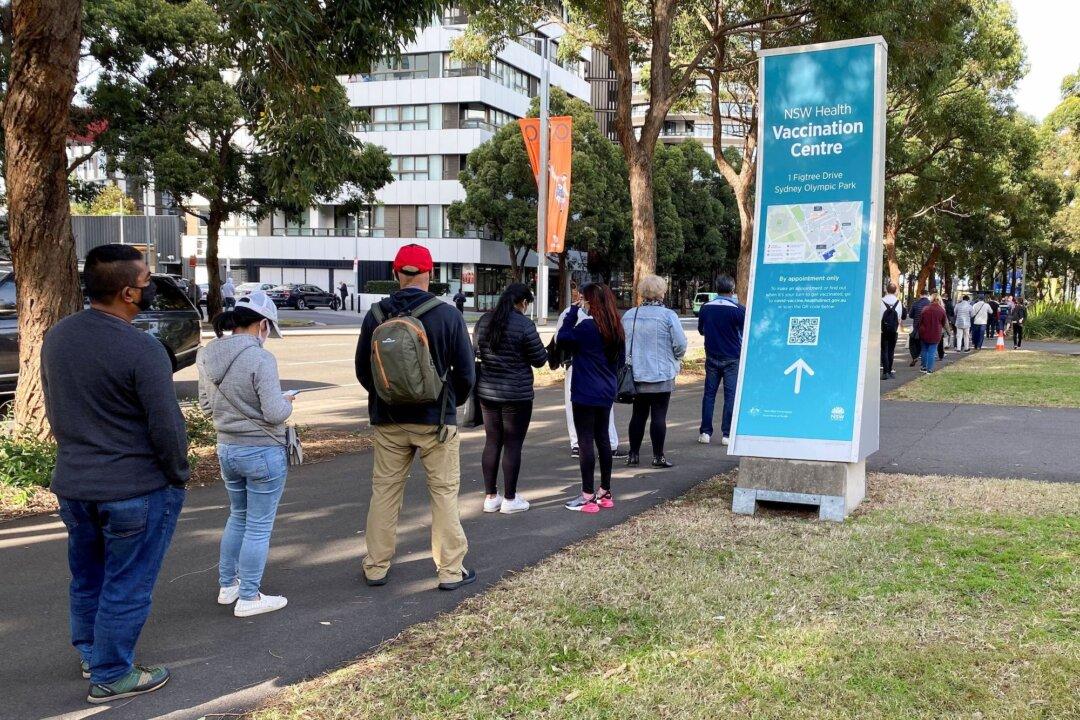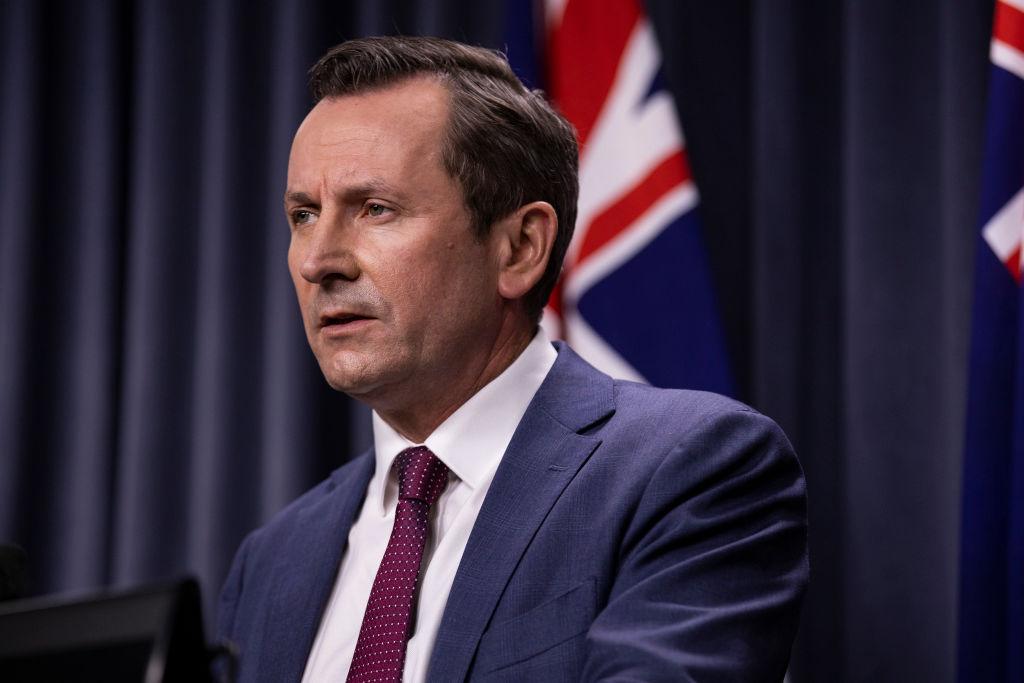Commentary
Recently Chinese authorities have been scrambling to figure out a way to reinvigorate China’s failed trade war with Australia. Relations between China and Australia have been on a downward spiral over the last 12 to 18 months, triggered by the Australian government’s call for an international probe into the origins of COVID-19.
